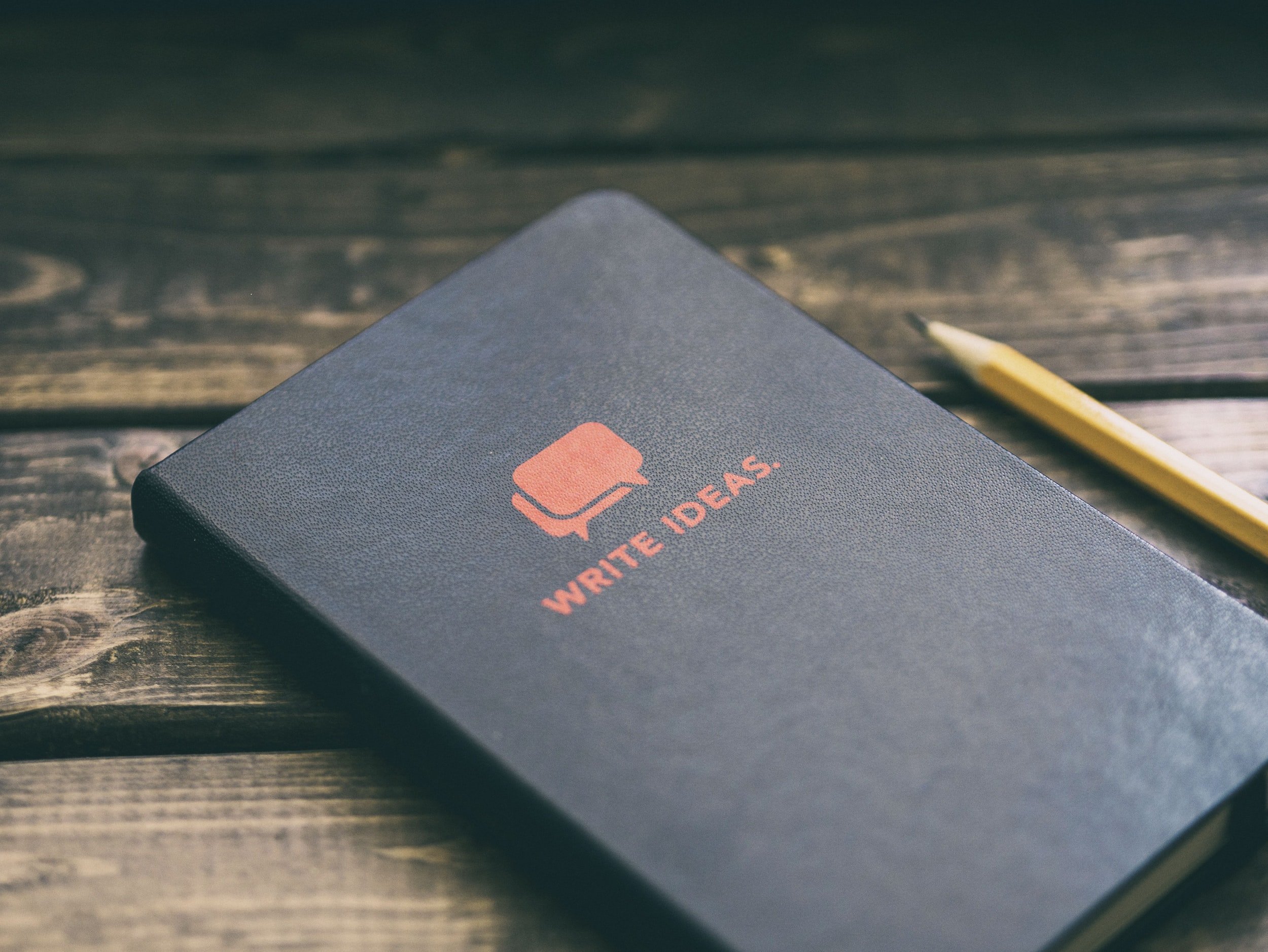
Each blog contains 1 idea, 2 quotes, and 3 questions to ponder.
1 WRITING IDEA
Want to know the most important (and often overlooked) aspect of a website?
Cue the suspenseful music…
Collecting email addresses from your visitors.
That’s right, it’s not the glossy photos or the latest design trends.
In the wild world of marketing, email addresses are the shiny bars of gold.
That’s why EVERY homepage should have a strategy for collecting info from interested readers/customers/clients.
With an email database, you can stay connected with your audience without worrying about the ever-changing algorithms of social media.
cough Zuckerberg cough
But wait, how do you convince someone to hand over their precious email?
Simple. Offer them something irresistible in return.
Maybe it’s:
A PDF
A short story
A coupon
Free shipping
Or even better, an 8x10 glossy of you in a velvet smoking jacket holding a glass of wine
Whatever it is, think about your target audience. And try to make them say, “Whoa, that’s cool.”
Now offer that for free.
2 WRITING QUOTES
“The best marketing doesn’t feel like marketing.”
“When you give something away for nothing, you look nice. When that something is valuable, you look authoritative and trustworthy. Win-win. Freebies help your audience trust you as an expert in your field.”
3 Writing Questions
1. What's the most enticing freebie you've ever been offered in exchange for your email address?
2. What's the ideal way for a website to promote a freebie offer without being too pushy or intrusive?
3. Can you think of any websites that offer unique freebies?
HAVE YOU GOT MY NEW BOOK?
A teen flees her secluded town, only to stumble into shocking events unfolding across the mountains.
Think Narnia with gears and goggles… YA fantasy meets steampunk.
About Me
Hey, I’m Brian. Born a Tar Heel but now a Virginian, I’m a father of five and the husband of one amazing lady. My family has a thing for Golden Retrievers. Given the right circumstances, I can do a smooth moonwalk on a slick kitchen floor. And by the way, my newest book is called Color The Sky With Song.






















